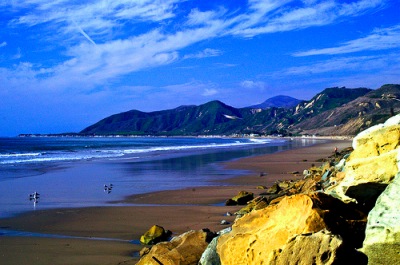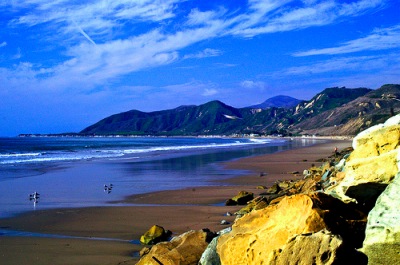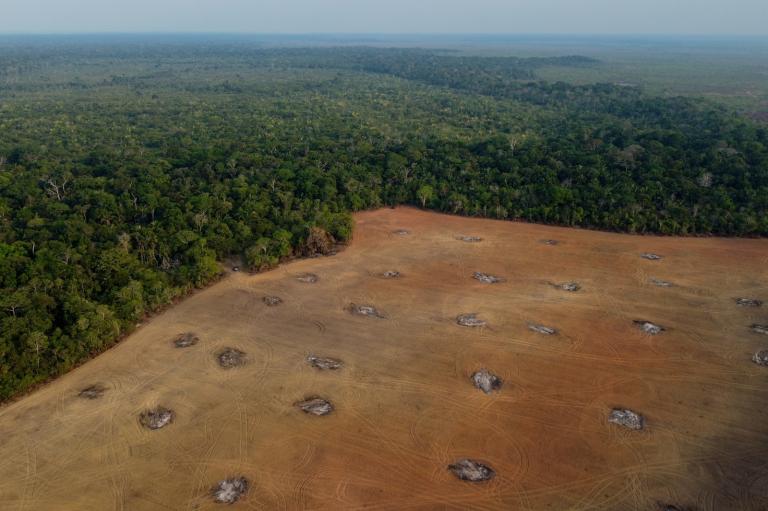 Photo: Chuck AbbeWell, here we go: Threatened by rising ocean levels, the city of Ventura, California is starting to pick up stakes and move inland. It’s removing a bike path and pushing back a parking lot at a spot called Surfers Point, in the hopes of resisting submersion for another 50 years. This “managed retreat” is the first of its kind in California, but it’s not likely to be the last. The L.A. Times has the story on how climate change is starting to change life along California’s coast.
Photo: Chuck AbbeWell, here we go: Threatened by rising ocean levels, the city of Ventura, California is starting to pick up stakes and move inland. It’s removing a bike path and pushing back a parking lot at a spot called Surfers Point, in the hopes of resisting submersion for another 50 years. This “managed retreat” is the first of its kind in California, but it’s not likely to be the last. The L.A. Times has the story on how climate change is starting to change life along California’s coast.
Receding coastline: California stands to lose a lot more than a beachside bike path. By 2100, the rising sea will sink a swath of coastland covering almost the same square footage as San Francisco.
Sea levels have risen about 8 inches in the last century and are expected to swell at an increasing rate as climate change warms the ocean, experts say. In California, the sea is projected to rise as much as 55 inches by the end of the century and gobble up 41 square miles of coastal land, according to a 2009 state-commissioned report by the Pacific Institute.
Resistance is futile: You can fight back the ocean for a while, but it does more harm than good in the long run, and eventually you have to turn tail.
For years, the preferred solution to an eroding shoreline has been to build sea walls or dump imported sand to serve as a buffer. About one-third of the Southern California coastline and about 10% of the shore statewide have been fortified with sea walls and other hard structures.
Although artificial barriers may protect property in the short term, they often intensify the effect of waves, leaving beaches stripped of sand until they narrow or disappear, permanently altering surf patterns.
This isn’t over: Communities in Santa Barbara, Pacifica, Malibu, and San Clemente have all been threatened by rising tides, and Goleta Beach County Park is eyeing managed retreat as an option. California is not done running.
“The challenge is we have built most of our civilization within a few feet of sea level or right at the edge,” said Gary Griggs, a coastal geologist at UC Santa Cruz who co-wrote the book “Living With the Changing California Coast.” “It’s either going to be managed or unmanaged, but it’s going to be retreat.”



